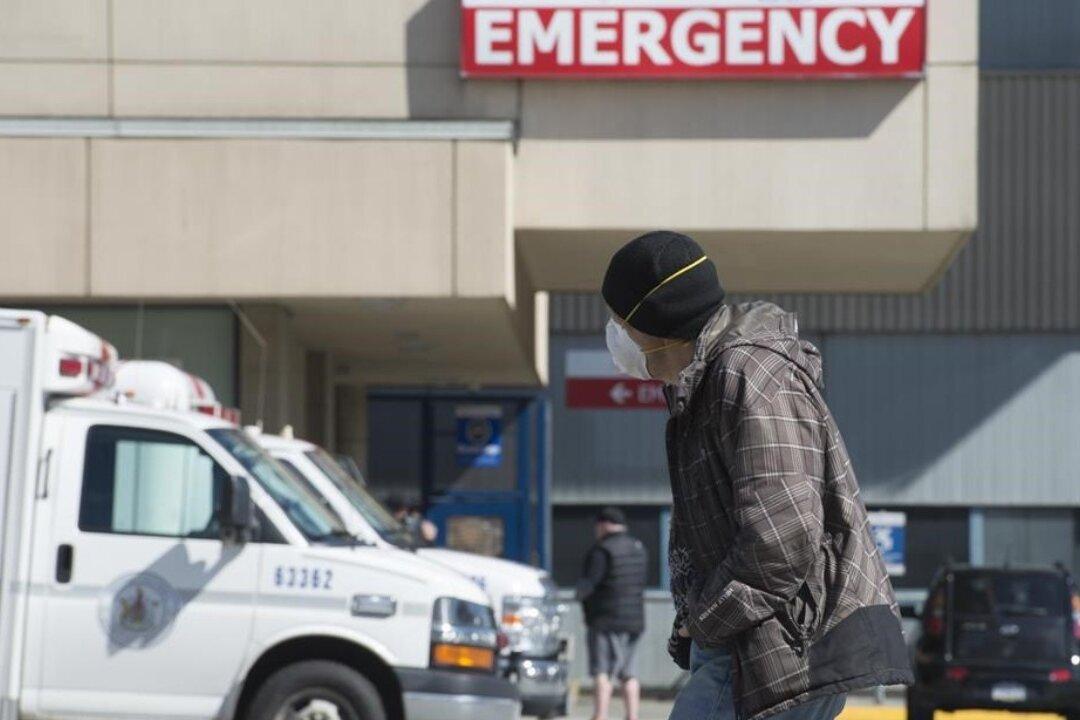Some provincial authorities saw encouraging signs in the fight against COVID-19 on Monday, even as experts warned that it’s too soon to draw conclusions from the data and provinces scrambled to deal with a looming shortage of Pfizer vaccines.
Officials in both Quebec and Manitoba noted that case numbers have dropped slightly in recent days and suggested that their populations’ efforts to control the virus could be paying off.





